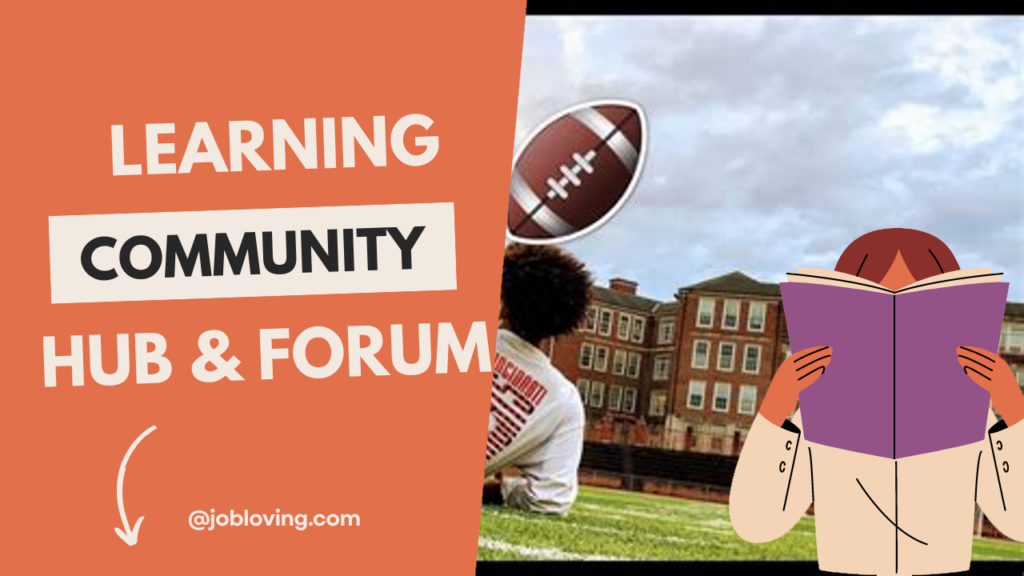Have you ever wondered what it truly means to be a “D1” athlete? It’s not just a fancy label; it’s a badge of honor worn by the best of the best in college sports! Let’s dive into this thrilling world where athleticism meets academic prowess, and find out what makes Division I stand out from the rest.
The Short Answer: D1 athletes are the crème de la crème of college sports!
Division I is the highest tier of college athletics in the United States, encompassing over 350 prestigious colleges and universities. To be classified as a D1 athlete isn’t merely about being good; it signifies that these athletes have honed their skills to exceptional levels, showcasing talent, commitment, and often, a historical legacy of sports performance.
Detailed Explanation: Being a D1 athlete implies rigorous training, intense competition, and a dedication that is second to none. These athletes participate in very competitive leagues, and their games often attract significant media attention and large crowds. Schools invest heavily in their athletics programs, providing D1 teams with top-notch facilities, coaching staff, and scholarships that can make a substantial difference to the athletes’ futures. It’s a challenging balancing act between keeping up with strenuous practice schedules and managing academic responsibilities, highlighting not just their physical abilities, but also their discipline and time management skills.
To sum it up, being a D1 athlete is a prestigious achievement that requires pursuing excellence both in sports and academics. It opens doors to incredible opportunities, whether that means turning pro, landing a great job after college, or simply proving to oneself that hard work pays off. Curious about the insider tips and more about college athletics? Join the JobLoving community for more resources, and feel free to ask any questions about this dynamic world!
Key takeaways about What does being D1 mean?
Levels of Competition and Commitment
- D1 athletes compete at the highest level of college sports, representing over 350 institutions nationwide.
- D1 competition is generally more intense, attracting top talent and fostering a higher caliber of play.
- High skill levels are essential for D1 athletes, reflecting exceptional performance in their respective sports.
- The majority of players aiming for professional sports target D1, making it a highly competitive environment.
- D1 recruiting begins as early as sophomore year, while D2 and D3 start later in high school.
- Only 2.9% of high school varsity athletes transition to play D1 college sports successfully.
- Approximately 1.6% of college football players, primarily from D1, secure positions in the NFL.
- D1 athletics entail the highest level of commitment, often prioritizing sports over academics and free time.
- D1 programs attract top talent, making it essential for aspiring pros to aim for this division.
- D1 competition includes many future professional athletes, making it the most challenging division overall.
Support Structures and Resources Available
- D1 programs typically offer larger athletic budgets, enhancing scholarship opportunities and overall student-athlete support.
- D1 athletes typically receive full-ride scholarships covering tuition, room, board, and fees completely.
- Academic support is vital for D1 athletes, balancing rigorous training with educational responsibilities.
- State-of-the-art training facilities are common at D1 schools, aiding in athlete development and performance.
- D1 athletes often have access to better coaching staff, enhancing their skills and competitive edge.
- D1 programs often prioritize athlete welfare, providing mental health resources alongside physical training support.
- D1 schools typically have larger stadiums and better training equipment due to higher athletic budgets.
- D2 athletes often receive some scholarships, but full-rides are significantly less common than D1.
- D3 athletes do not receive athletic scholarships, but may obtain financial aid based on accomplishments.
Impact on Lifestyle and Time Management
- Daily practices and games create demanding schedules, impacting academic and personal life for D1 athletes.
- The commitment required for D1 athletics can lead to challenges in maintaining a balanced lifestyle.
- The rigorous nature of D1 athletics cultivates discipline and time management skills among student-athletes.
- D1 athletes frequently travel extensively for competitions, affecting their ability to engage in other activities.
- D1 athletes may need to attend summer school to meet academic eligibility due to rigorous schedules.
- D3 athletes enjoy more freedom to pursue extracurricular activities and career skills alongside athletics.
Networking and Future Opportunities
- Exposure to professional recruiters increases for D1 athletes compared to those in D2 or D3 schools.
- Networking opportunities abound for D1 athletes, potentially leading to professional sports careers post-college.
- Choosing D1 often aligns with aspirations for professional sports, while D3 allows for broader college experiences.
- D1 athletics provide unique experiences that can significantly enhance a student’s college experience and personal growth.

